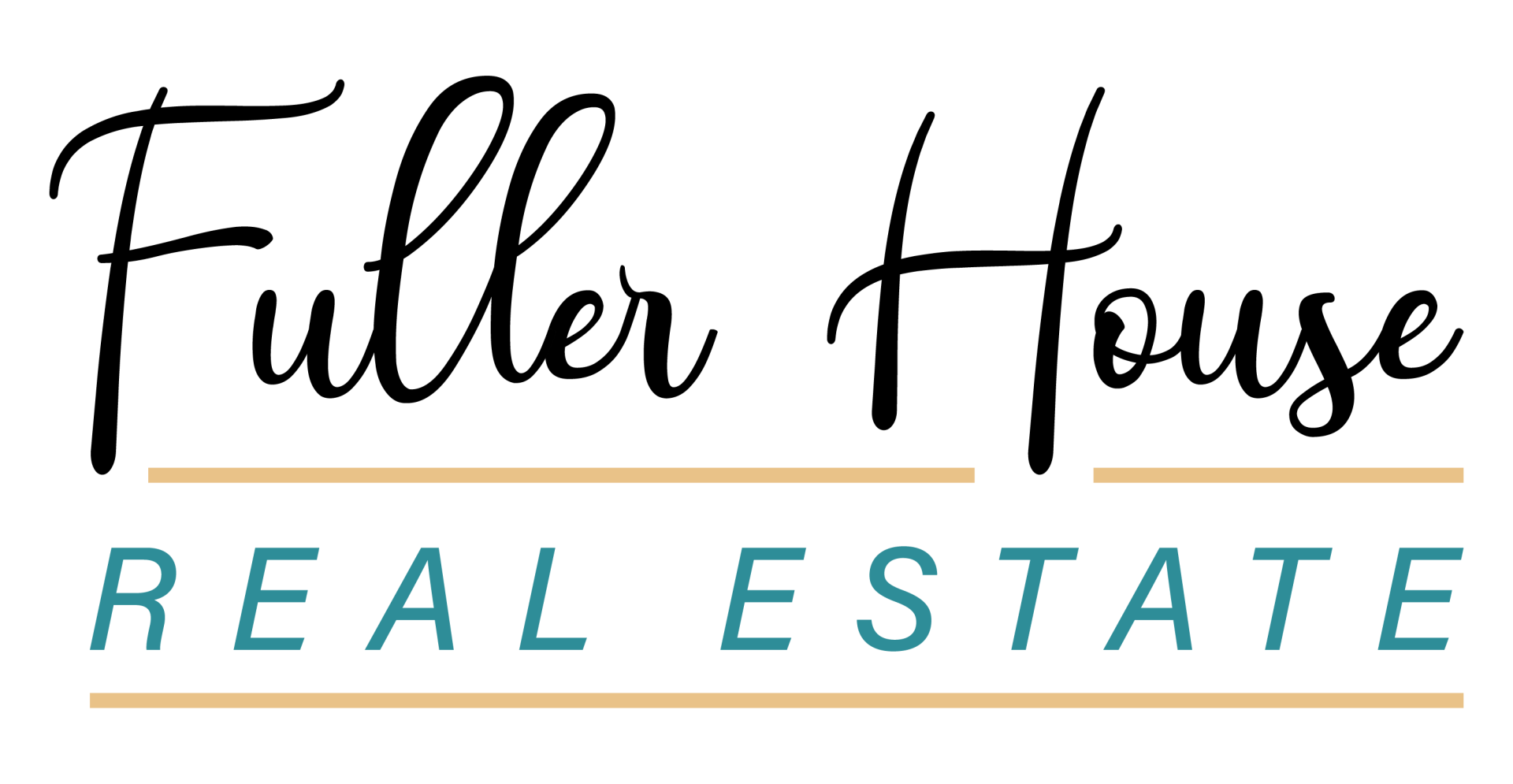Navigating Property Taxes in Florida: What You Need to Know About Homestead and Portability
Property Taxes in Florida: Understanding Homestead and Portability
As a homeowner in Florida, it's easy to get lost in the daily hustle and forget about the responsibilities that come with it. One of the most critical obligations is paying property taxes, but did you know that neglecting to protect your homestead exemption could cost you thousands of dollars?
Local governments, including counties, municipalities, and school districts, rely on property taxes as a crucial source of funding. Unfortunately, homeowners who fail to understand the significance of homestead and portability are often caught off guard and forced to pay more in taxes. In this article, we'll reveal how neglecting your homestead exemption could put you in financial jeopardy and show you how to protect your investment.
Homestead Exemption
The homestead exemption is a tax benefit available to Florida homeowners who use their property as their primary residence. It exempts up to $50,000 of the assessed value of the property from taxation, which can result in significant tax savings. We recently had one client who saw a $1500 increase in their annual taxes. This was a 227% increase compared to what the previous owner was paying. After applying for homestead, we are estimating savings of around $1000 a year. Over 30 years, the homestead exemption can really add up.
To qualify for the homestead exemption, you must meet certain eligibility requirements, such as owning the property as of January 1st of the tax year, using the property as your primary residence, and being a permanent resident of Florida. You must also apply for the exemption with the local property appraiser's office. As a realtor, I wish I could just do this for my clients. Unfortunately, new buyers have to do the paperwork themselves.
The homestead exemption has several benefits for homeowners. For one, it helps to reduce the amount of property taxes owed, as noted above. Additionally, the homestead exemption can protect homeowners from certain types of creditors, as the exemption provides a degree of protection against forced sale of a homestead property. Furthermore, the homestead exemption can provide some additional tax savings for seniors, as well as provide a stepping-stone to portability.
Portability
Portability is a provision in Florida law that allows homeowners to transfer a portion of their accumulated homestead exemption benefit from one property to another. Specifically, it will enable homeowners to transfer up to $500,000 of the Save Our Homes (SOH) benefit to a new property, which can help reduce the property taxes owed on the new property.
The SOH benefit is the difference between the market value of a home and its assessed value for tax purposes. Under Florida law, the assessed value of a homestead property can increase by no more than 3% per year, even if the market value of the property increases at a faster rate. This helps to protect homeowners from large property tax increases. However, if a homeowner sells their homestead property and purchases a new one, the SOH benefit is lost, and the new property will be assessed at its current market value, which can result in a higher tax bill.
SOH Benefit
Portability allows homeowners to transfer a portion of their SOH benefit to the new property, which can help reduce the property tax liability. It's important to note that there are certain requirements and limitations to portability, and the exact amount of the benefit that can be transferred will depend on a variety of factors, including the market value of the new property and the amount of the SOH benefit that was accumulated on the previous property.
As a homeowner in Florida, understanding property taxes is an important part of owning and maintaining your home. The homestead exemption and portability are two key provisions that can help you reduce your property tax liability and protect your home from certain types of creditors. If you have any questions about property taxes, including homestead and portability, contact your local property appraiser's office for more information.
If you're a homeowner in Florida and have questions about property taxes, or if you're thinking of buying or selling a home and want to know more about homestead and portability, contact Fuller House Real Estate at 727-470-9373 or go to our contact page.
Our experienced real estate professionals are here to help you navigate the complex world of property taxes and real estate transactions, and we're committed to providing our clients with top-notch service and personalized attention. Don't hesitate to reach out to us for all your real estate needs!
KerryAnn's Current Real Estate Discussions


Contact Information
Get Insider Tips on Real Estate: Sign Up for Fuller House RE Advice Email
Email Subscribe
We will get back to you as soon as possible.
Please try again later.
Quick Navigation Links
© Copyright 2022 | All Rights Reserved | Fuller House Real Estate

